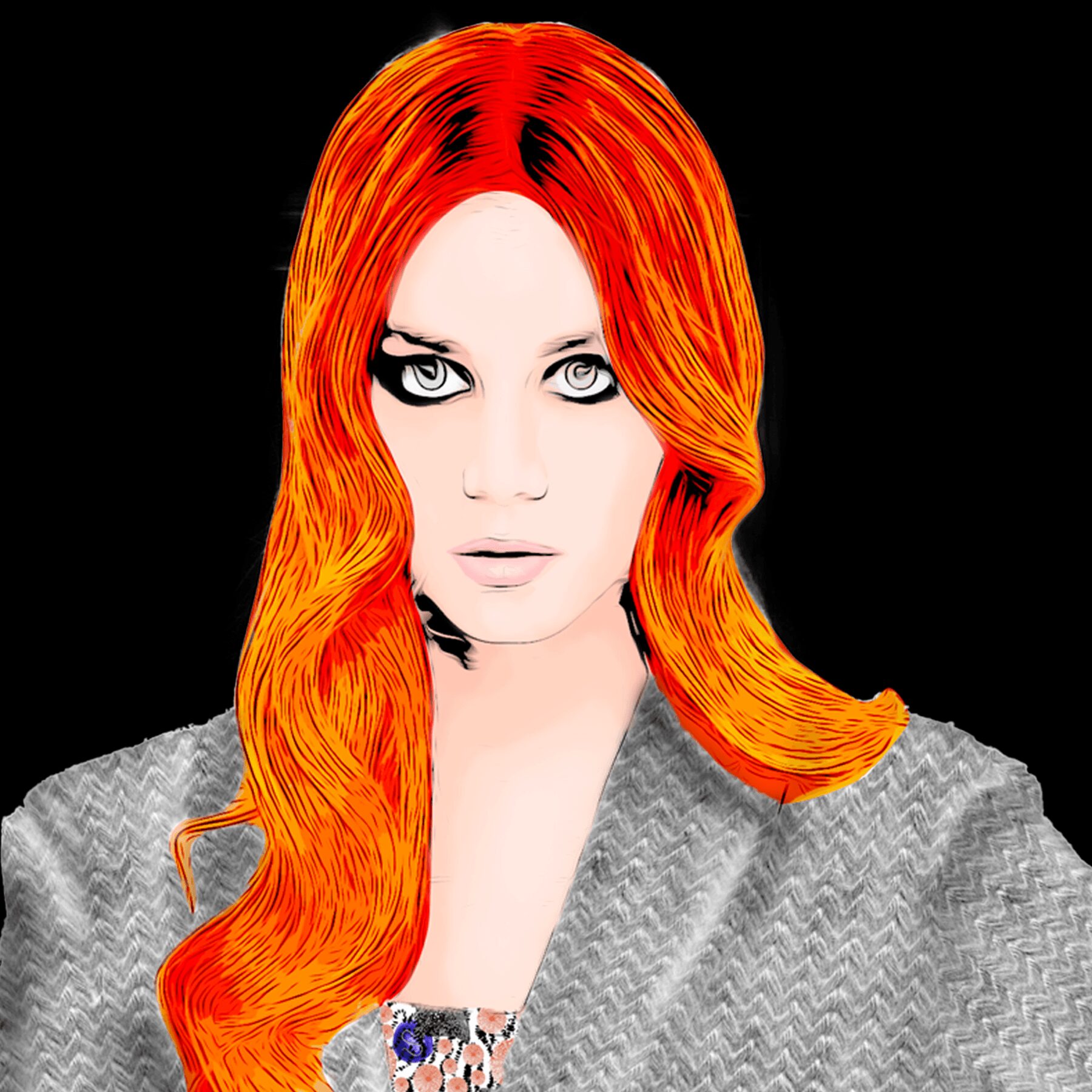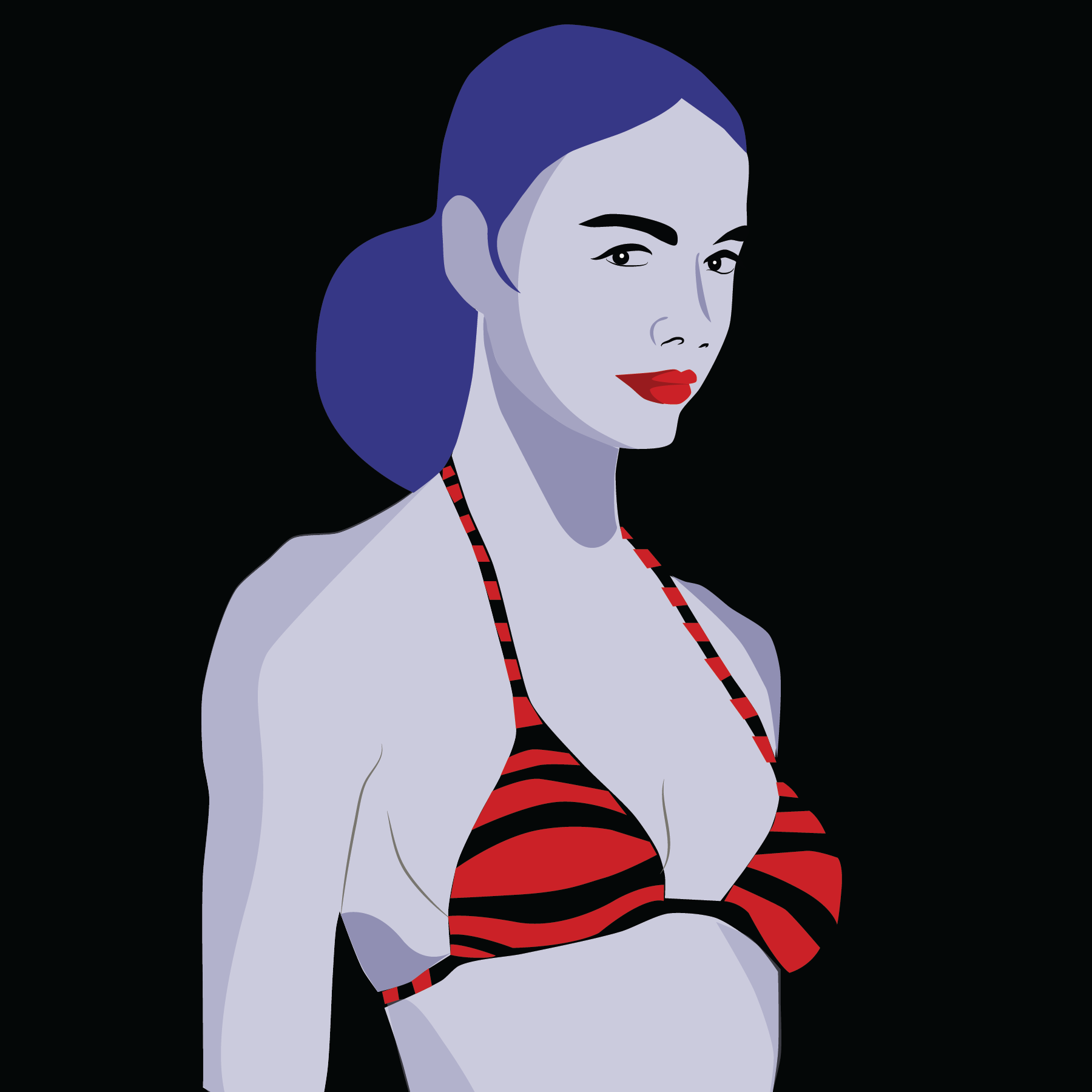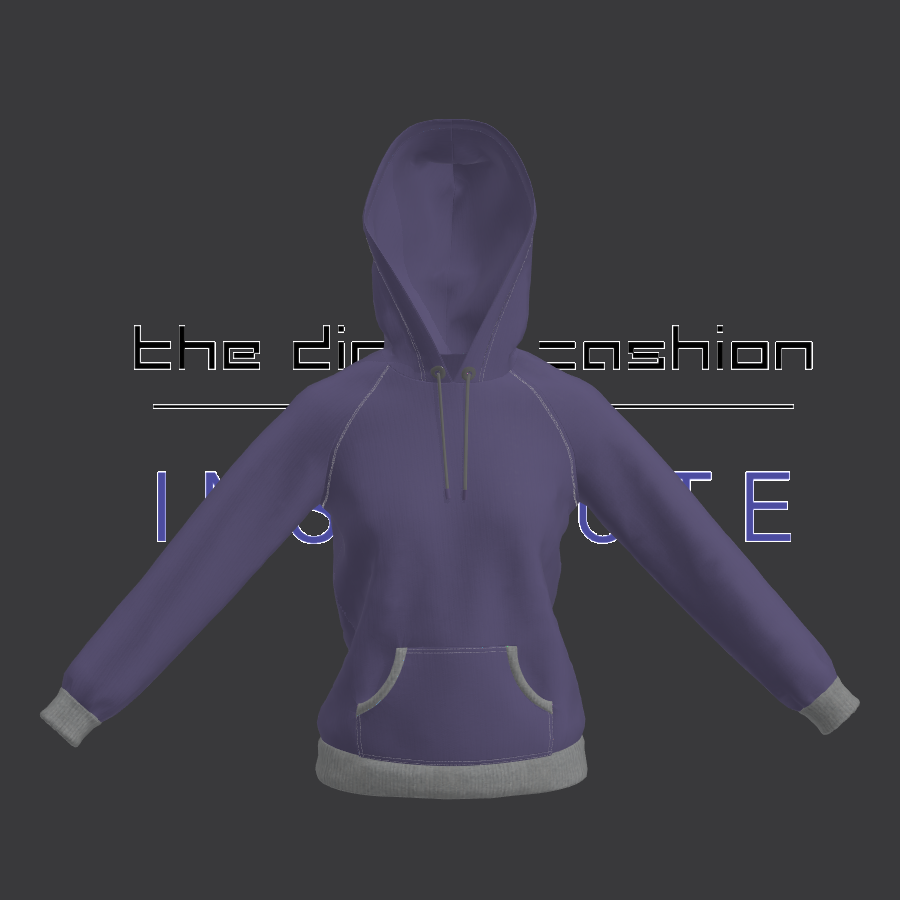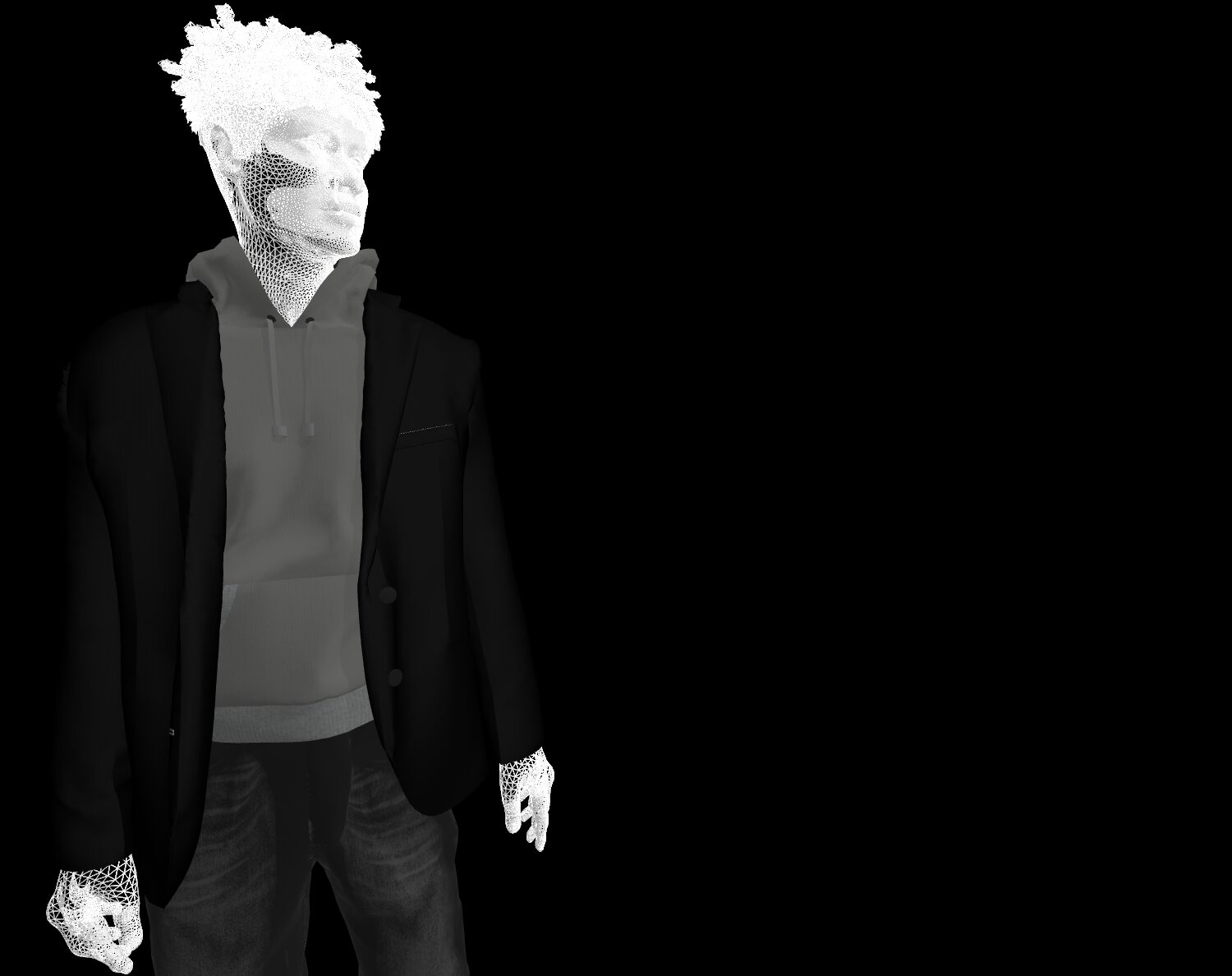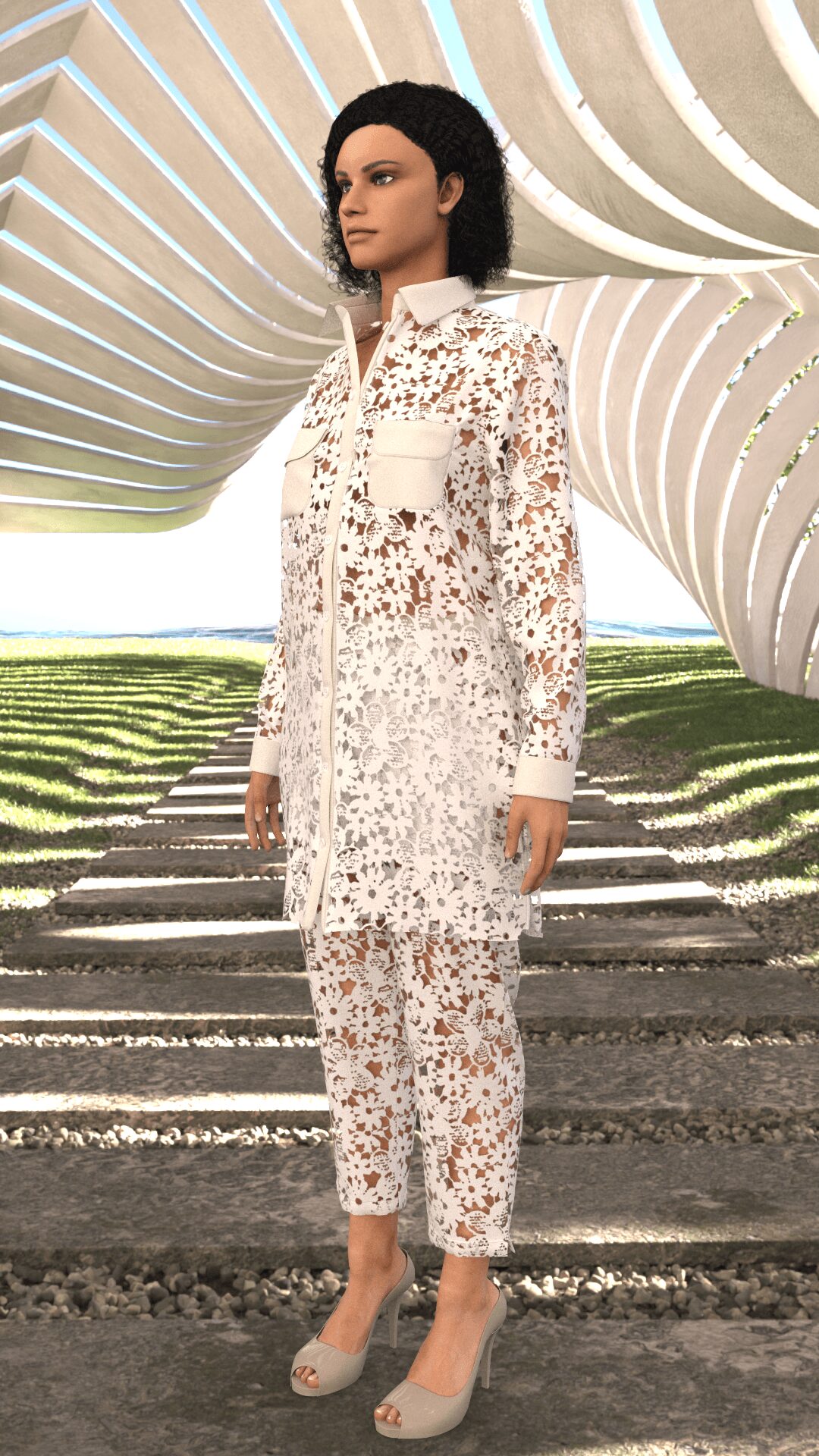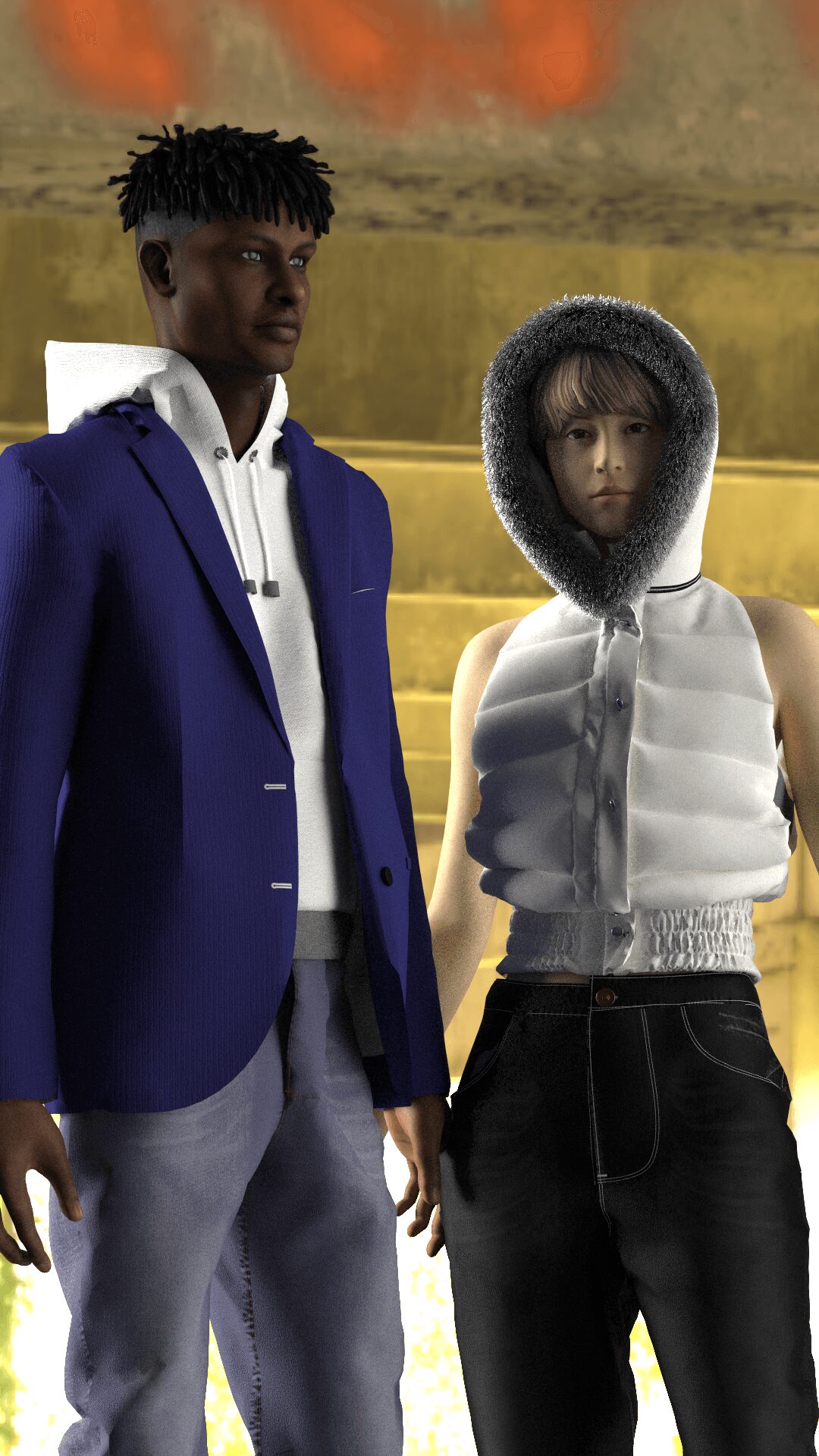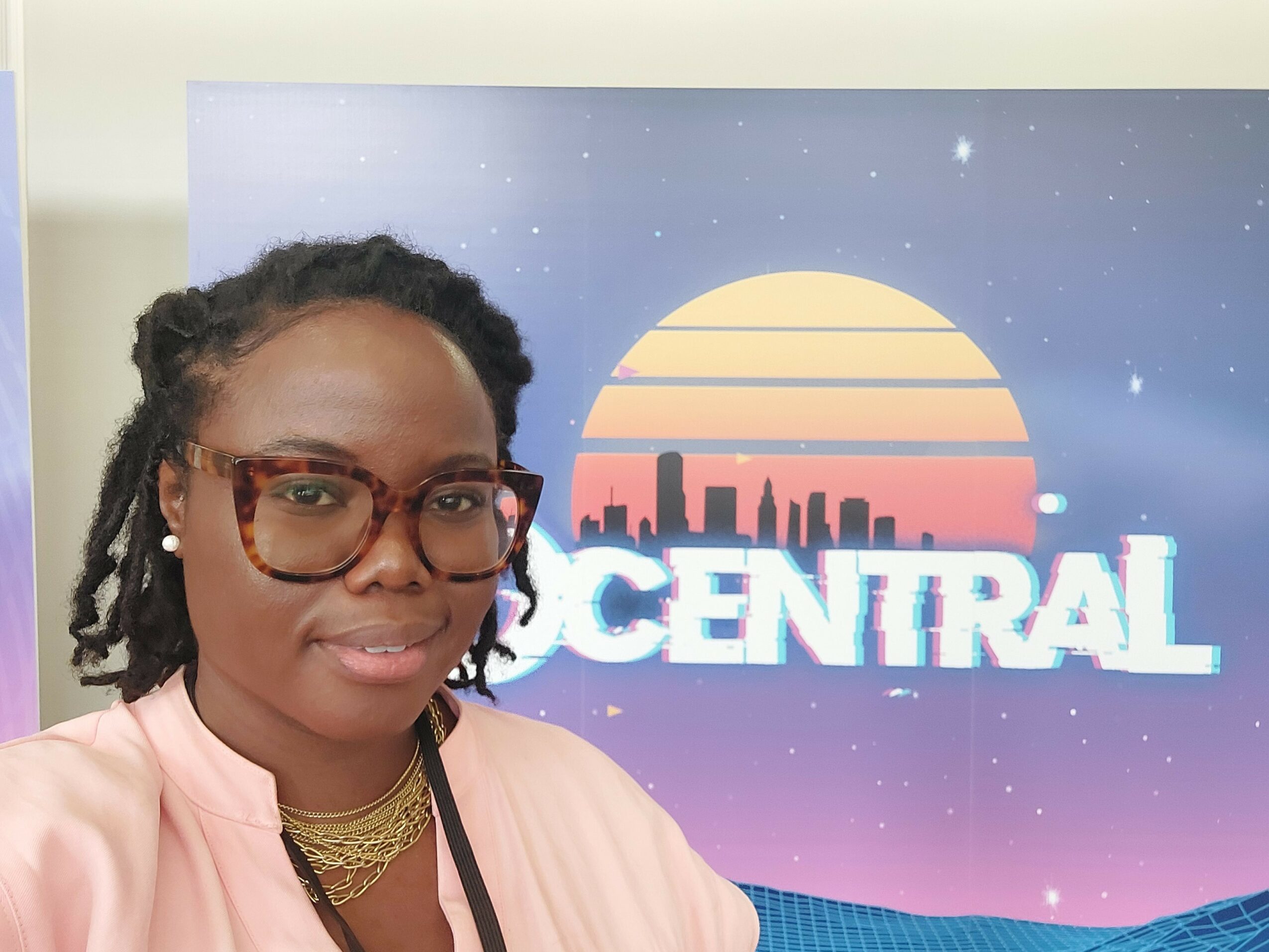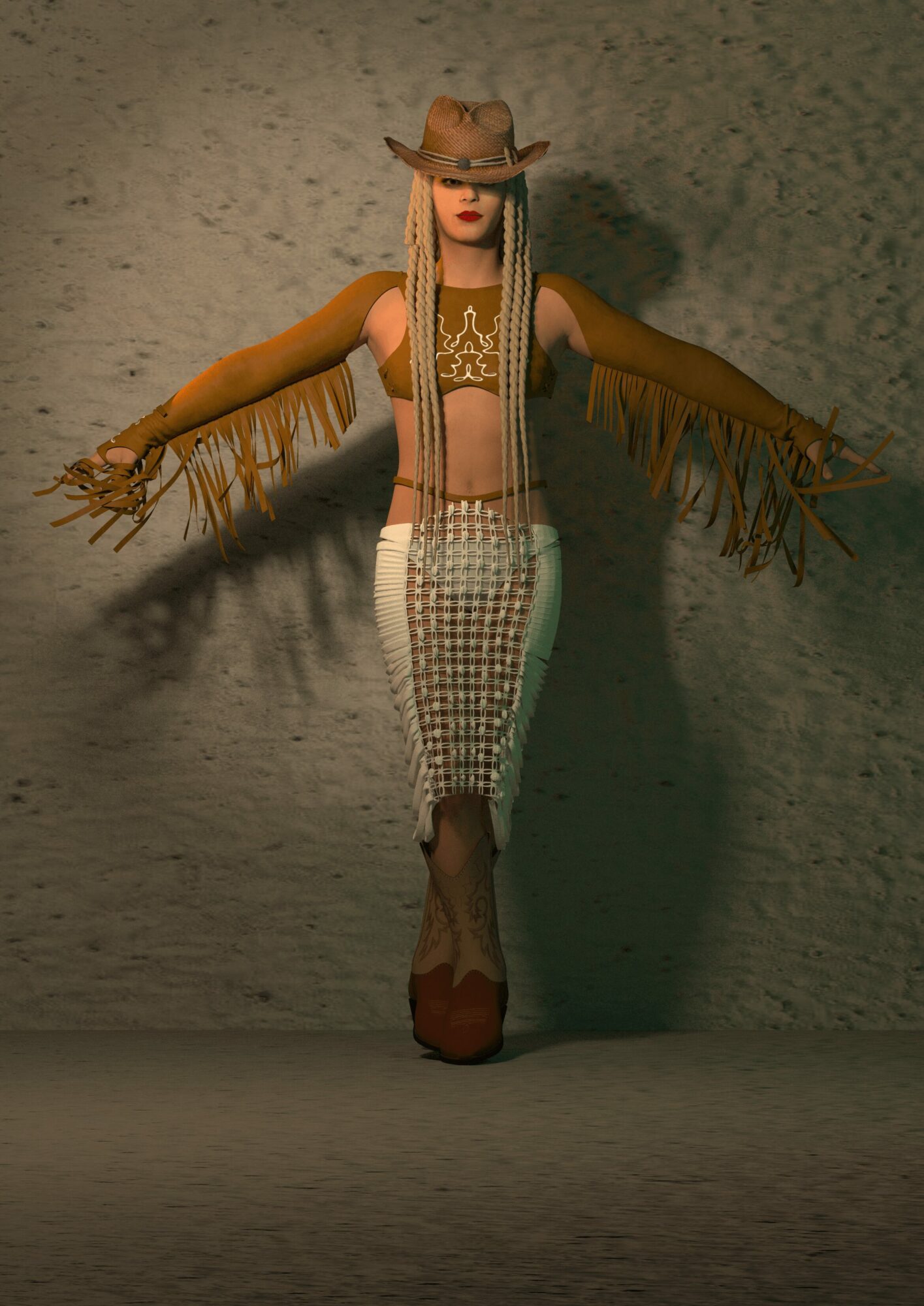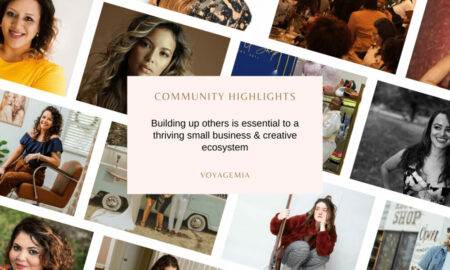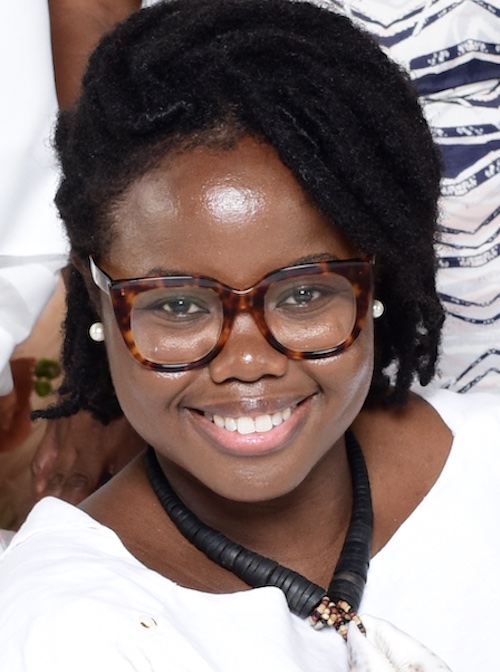

Prisca Milliance shared their story and experiences with us recently and you can find our conversation below.
Prisca, we’re thrilled to have you with us today. Before we jump into your intro and the heart of the interview, let’s start with a bit of an ice breaker: What do the first 90 minutes of your day look like?
I developed a routine last year that has kept me mentally focused and physically active in order to have the energy I need to scale my business. I’m usually up by 6AM and immediately make my bed. By 6:30 I’m dressed and heading to the gym where I either weight train or swim for about 45 min. When I get home from that, I shower, meditate and journal while having my breakfast. It’s a little more than 90 minutes but that’s been my routine for over a year and it seems to be doing the trick to keep me balanced and energised.
Can you briefly introduce yourself and share what makes you or your brand unique?
I’m Prisca, founder of the Digital Fashion Institute. We help designers, brands, and students master digital technology for the fashion industry — an in demand portfolio of skills that are quickly becoming industry essentials.
Fashion schools are struggling to keep up with the rapidly evolving technology, but at the Digital Fashion Institute, our online courses are updated regularly to match the tools professionals are using today. From 3D modelling to AI, students learn to create sustainable, cost-effective, and innovative digital collections without the waste of physical samples, while gaining career-ready skills that can open opportunities all over the world.
For 6 years, I was the lead professor at Miami Fashion Institute at MDC and helped to develop the curriculum into what it is today. By 2020, I was noticing the shifts in the industry and really wanted to pivot toward technology and away from the traditional approach to fashion education I had been teaching. However, I couldn’t find a way to learn it remotely and Youtube didn’t provide the structure I needed to focus specifically on fashion and that’s when I realised there was an opportunity to create this unique approach to teaching fashion. Soon enough, a few of my recent grads approached me with the same accessibility issue and requested weekend tutoring in order to better market their skills to find work in the highly competitive industry. By the end of 2022 I had developed the branding and launched a course on Udemy the following spring to test the market.
In 2024, I incorporated and in 2025 I launched several Adobe courses and a platform for fashion instructors to deliver regularly updated digital fashion course materials to their students. I recently onboarded instructors in Zimbabwe and Kenya.
Okay, so here’s a deep one: Who taught you the most about work?
My work ethic 100% comes from my parents. My mother has been an entrepreneur my entire life and my father went to divinity school when I was in my teens. I was born in Haiti and we moved to Boston when I was 4. For about 5 years I watched them struggle like other immigrants trying to make their American Dream a reality. Ultimately, they decided to move back to Haiti and I watched them build multiple businesses that continue to thrive despite the chaos the country is currently experiencing. In addition to a church, they operate 3 schools and are investors in multiple small businesses owned by church members. They’re currently in their 70’s and sometimes in poor health but in spite of these horrible circumstances, they often leave home at 7AM and return at sunset 7 days a week. My siblings and I have forced them to take brief vacations over the years but their work clearly gives them a sense of purpose and I’m hoping that mine will too.
Was there ever a time you almost gave up?
In 2018, I started a resort wear brand that I had been thinking of since graduating from design school in 2011. I was still working full time as a professor and bootstrapped the company with my savings. I developed every sample, built the website and sourced every supplier from Mexico to Hong Kong. But, once the pandemic hit and my department went into crisis mode, I had to make a choice. Stores weren’t buying. There were no trade shows. Money was hard to come by and I had a few short weeks to restructure 6 courses to be taught exclusively online. I did what (I think) most people would do and chose my employer because I needed to keep a roof over my head.
By the end of that year, I tried to pivot into bridal but as the lockdown stretched into year 2 I realised I was deeply in debt and my fledgling brand was out of options. So, I shut it all down and walked away. I don’t think I ever understood what devastating meant when I had heard it in the past until the moment I made that decision. I had never put that much effort into something that just didn’t pan out but the circumstances were so bizarre and beyond my control I had to accept the failure.
What I learned in that process is that I probably should have let it go sooner in order to use that time to develop my current business because unlike resort wear, online education isn’t seasonal and it is recession proof.
I think our readers would appreciate hearing more about your values and what you think matters in life and career, etc. So our next question is along those lines. What are the biggest lies your industry tells itself?
The fashion industry often positions ethical practices as a means of making the fashion industry more sustainable but in reality using upcycled fabrics and organic cotton takes care of a minuscule amount of the waste generated by the fashion industry. I’ve always believed that technology would make fashion sustainable and studies have proven that digital fashion reduces CO2 emissions by 97%. That statistic alone shifted my perception of the role I could play in changing the future of the industry as an educator because I realized that the slow adoption of these new processes began at that level. 3D tech has been available to our industry for over a decade but without design educators on board, the next generation of designers won’t have the skills they need to implement the changes the industry wants in order to reach their sustainability goals.
Okay, so let’s keep going with one more question that means a lot to us: What do you understand deeply that most people don’t?
That the world would be a better place if we took the time to get to know people as they really are rather than pushing for assimilation and sameness. I’ve been nomadic my entire adult life and the experience has taught me to navigate the world in a way that centers compassion and empathy over judgement. Everyone has a story to tell.
Contact Info:
- Website: https://www.thedigitalfashioninstitute.com
- Instagram: https://www.instagram.com/thedigitalfashioninstitute/
- Linkedin: https://www.linkedin.com/company/thedigitalfashioninstitute
- Twitter: https://x.com/digifashionINST
- Facebook: https://www.facebook.com/thedigitalfashioninstitute
- Youtube: https://www.youtube.com/@thedigitalfashioninstitute
- Other: https://www.tiktok.com/@thedigitalfashionist
